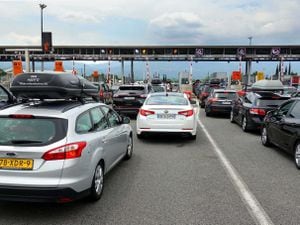5 trends that will shake up the automotive industry in 2024
We take a look through some of the areas of the motoring landscape which could be shifting during the next 12 months.

The motoring world changes at a fearsome pace. Be that the arrival of new technologies, growing demands for certain types of vehicles or additional changes in legislation, there’s always a new challenge for all things on four wheels.
The next 12 months look set to provide some significant hurdles for the motoring industry, too, with new laws coming into force which could change how manufacturers sell their cars here. But there are plenty of other up-and-coming trends, too, so let’s look at what’s on the cards.
ZEV mandate enforces more electrification
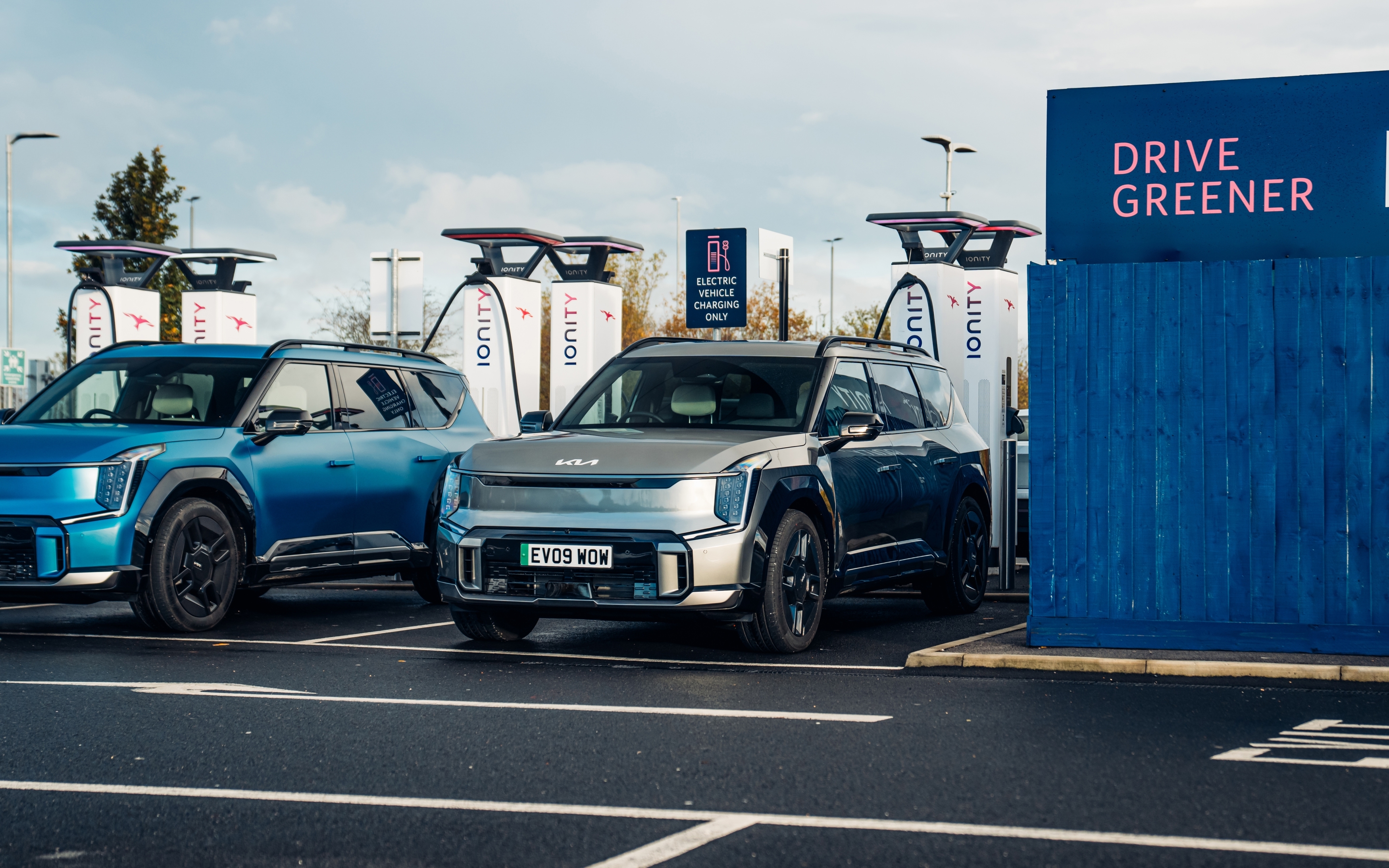
It’ll be a big year for manufacturers during 2024 as it sees the arrival of the Zero Emissions Vehicle (ZEV) mandate. Effectively, it’s a new framework requiring a certain percentage of each manufacturer’s sales to be zero-emissions. It starts at 22 per cent in 2024, increasing to 80 per cent by 2030.
It will then move to 100 per cent of vehicles by 2035, bringing the UK into line with countries such as France, Germany and Sweden. The ZEV mandate means that car manufacturers will be under greater pressure to deliver more electric vehicles which will affect how their line-up of cars will look. You can expect the most attractive new car offers to be had on EVs too.
Chinese electric vehicles set to increase in popularity
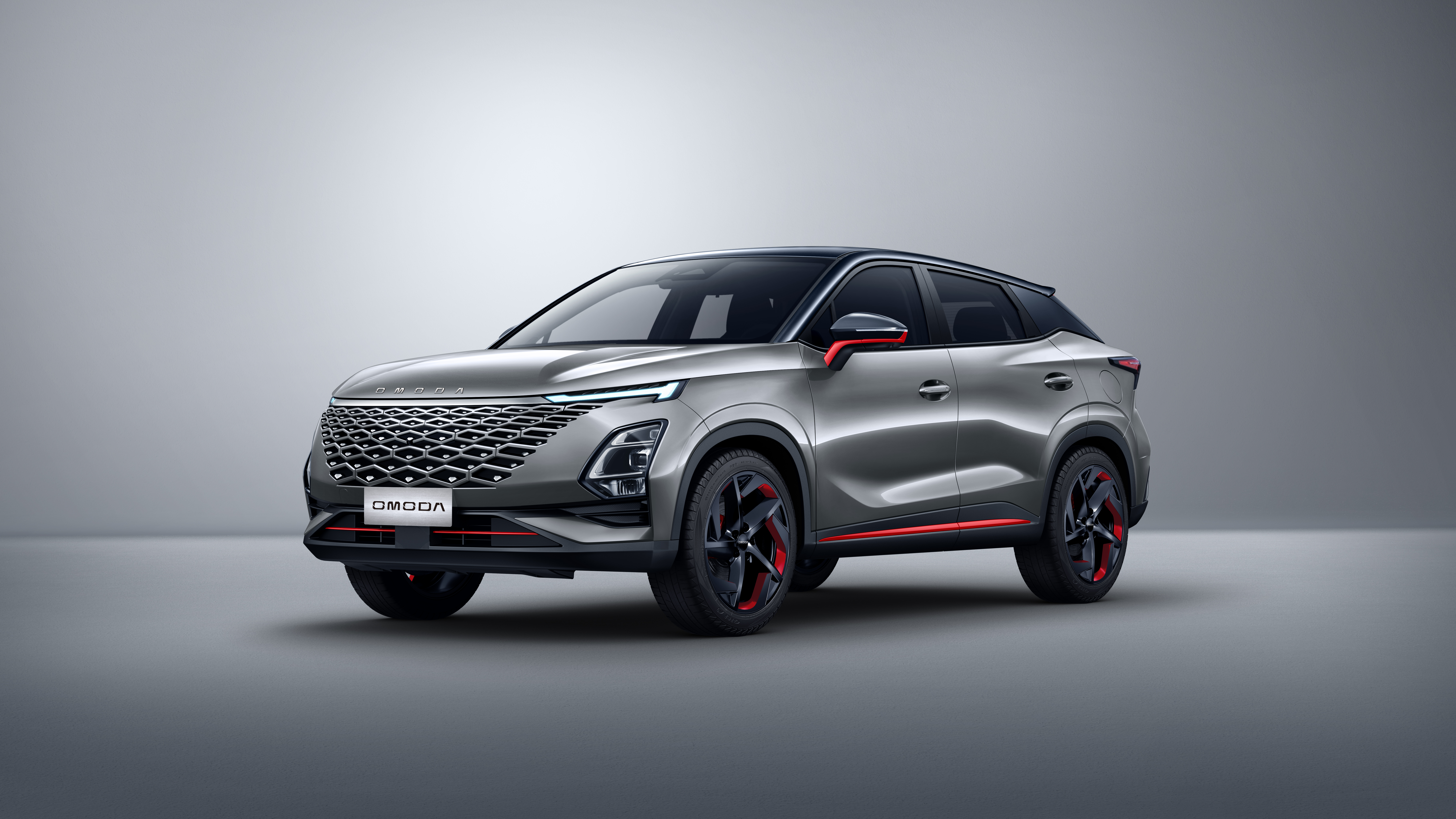
Chinese electric car firms have already had a strong year during 2023, but things are only heading upward for 2024. Firms such as BYD and SAIC – which owns MG – have already had tremendous lifts in demand and we’d expect to see this continue over the next 12 months.
Remember, too, that Chinese powerhouse Geely has a multi-pronged approach with its ownership of Lotus, Volvo and Polestar – which all sell electric vehicles in the UK – while newer firms such as Nio and Chery Automobile are expected to launch on these shores during 2024.
Lower-cost electric cars
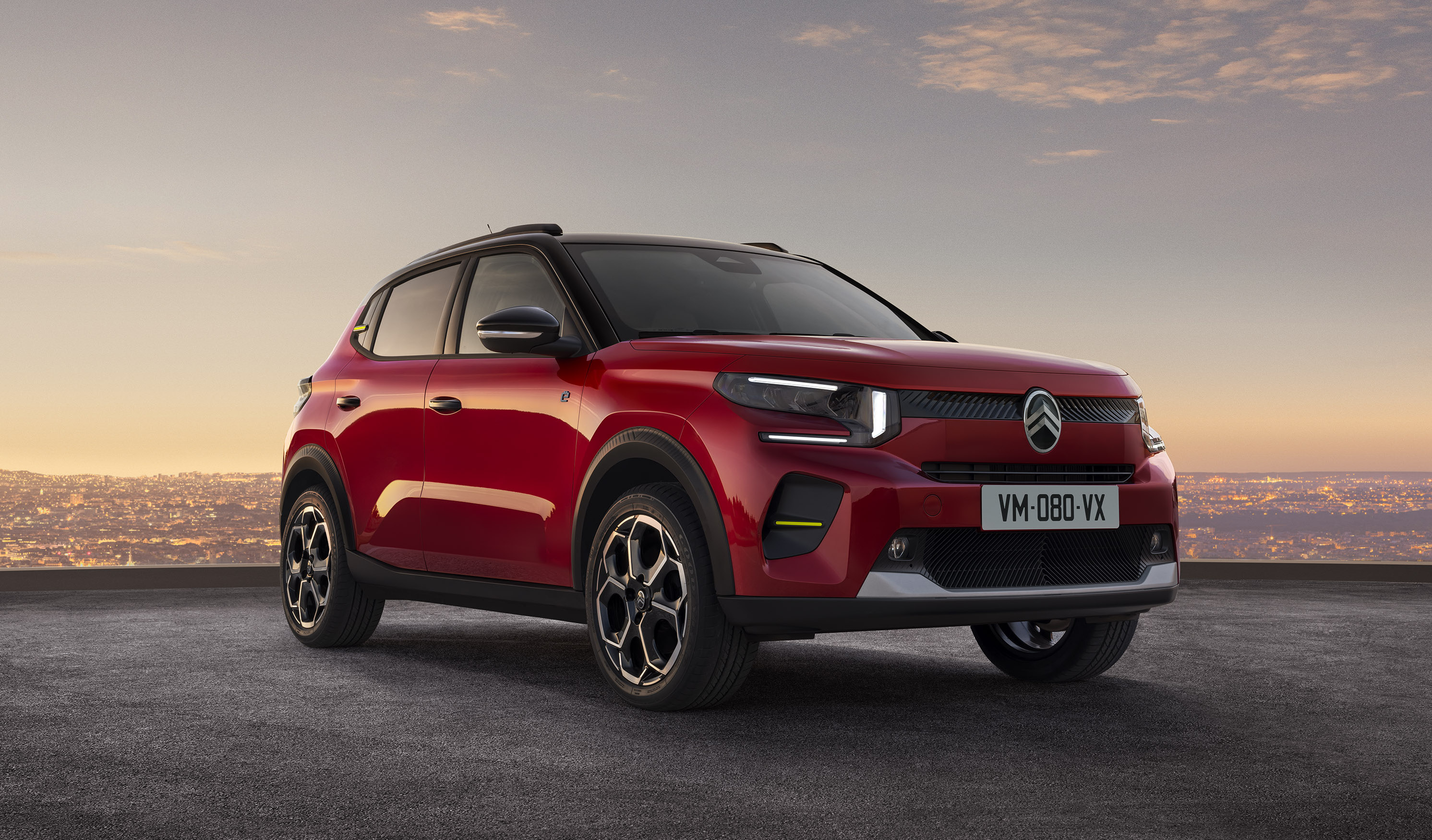
Up until now, the vast majority of electric vehicles have carried quite the premium over their equivalent petrol and diesel-powered counterparts. However, it’s expected that a range of cheaper battery-powered models will be arriving on the scene in 2024.
The eagerly-awaited Dacia Spring will launch in the UK in 2024, with an expected starting price of less than £20,000, and Citroen’s new e-C3 will come in at less than £23,000. On top of this, it’s expected that existing electric cars will become more affordable as the technology becomes cheaper – we’ve already seen Ford, Nissan and Renault lower the price of their EVs, and expect this trend to continue.
Greater sustainability
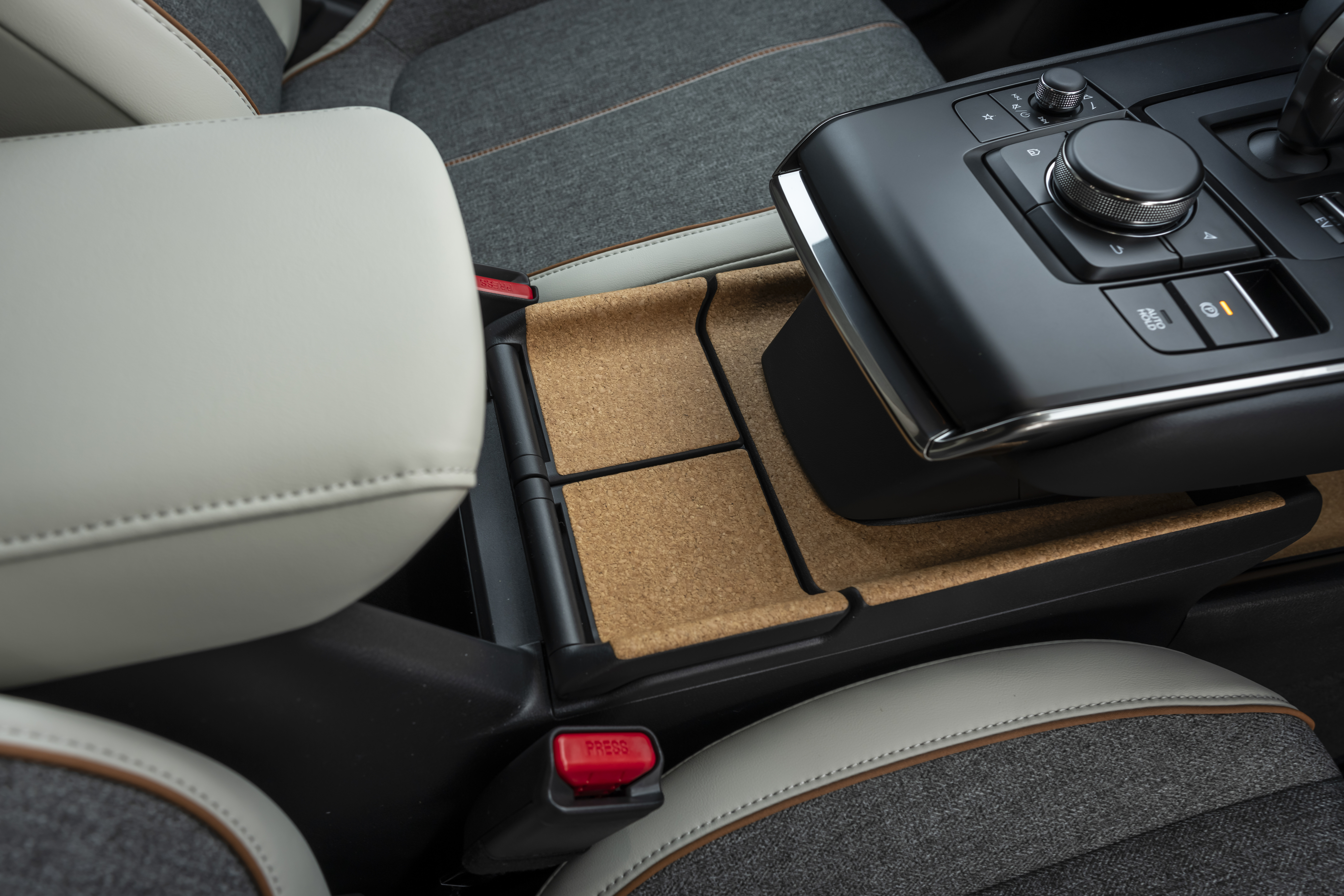
There will be an even stronger focus on green materials and sustainability as we move through 2024. We’ve already seen manufacturers adopting more eco-friendly products in their cars and we’d expect this to become more commonplace over the next 12 months.
Expect to see more recovered materials recycled from marine plastics while even tyres are being developed to have a lower impact on the planet by using a material harvested from dandelion plants.
Increased push to autonomous and semi-autonomous cars
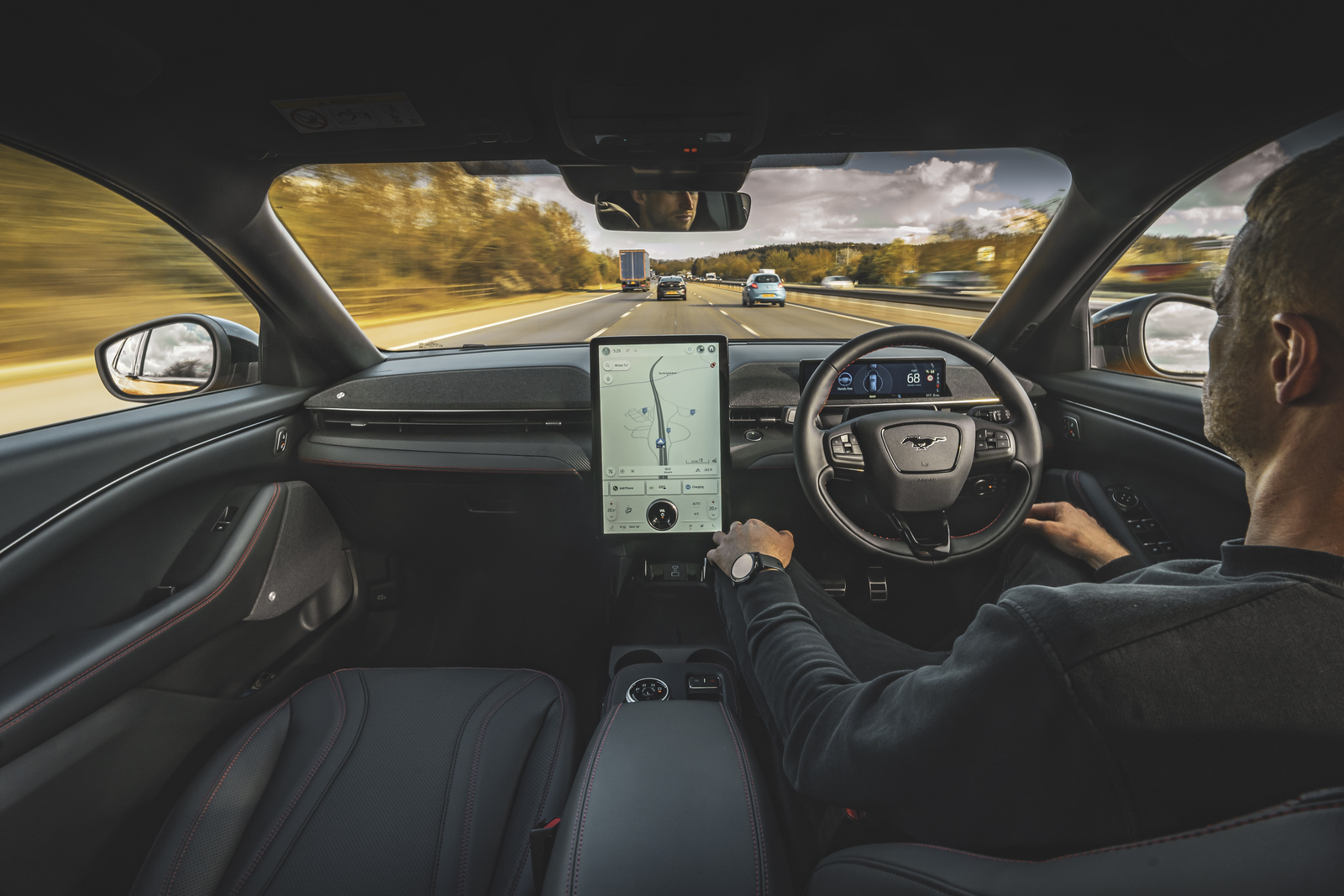
Many car manufacturers have been working away at self-driving cars for some time, and in several road conditions – such as on slower stretches of motorways – the technology is largely good to go but is only being blocked from being rolled out by legislation.
While we’re not likely to see fully autonomous cars hit the roads in 2024, you can expect more semi-autonomous features. This year saw the introduction of Ford’s BlueCruise, allowing for ‘hands-off’ driving on the motorway, though your eyes must be on the road at all times. You can expect to see similar features being rolled out by BMW and Tesla in the next 12 months.


